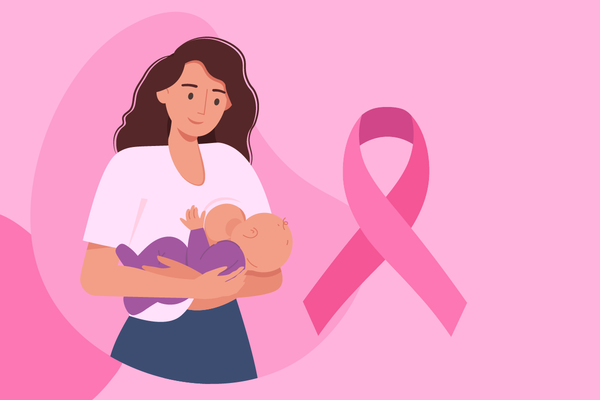The new Dietary Guidelines are out and there's some news for women who are pregnant or trying to become pregnant: Eat more seafood. The new report stresses the importance of seafood on fetal growth and development, especially the intake of omega-3 fatty acids, in particular DHA. The guidelines recommend 8 to 12 ounces of seafood per week for women who are pregnant or breastfeeding. They say it may lead to better infant health outcomes in areas such as visual and cognitive development.
However, the guidelines stress the importance of choosing sources of seafood that are low in methyl mercury. Due to their high methyl mercury content, limit white (albacore) tuna to 6 ounces per week and do not eat the following types of fish: tilefish, shark, swordfish and king mackerel. The Environmental Protection Agency (EPA) recommends catfish, pollock, salmon and shrimp.
Reminder: Don't eat raw or undercooked seafood or meats while pregnant.
The new guidelines suggest that childbearing women choose foods that supply heme iron, which is more readily absorbed by the body. They also need additional iron sources and enhancers of iron absorption such as vitamin C-rich foods. Sources of heme iron include lean meat, poultry and seafood. Additional iron sources are plant foods such as white beans, lentils and spinach.
Ample folic acid is also recommended. Studies have found that it reduces neural tube defects. Recommendations include consumption of 400 micrograms (mcg) per day of synthetic folic acid (from fortified foods and/or supplements) in addition to food forms of folate from a varied diet. This would include: beans and peas, oranges and orange juice and dark leafy green vegetables such as spinach, mustard greens and kale.
The guidelines emphasize maintaining a healthy weight before becoming pregnant. This may reduce the risk of complications during pregnancy, increase the chances of a healthy infant birth weight and improve long-term health of both mother and infant.
News on drinking alcohol while breastfeeding:
The guidelines state: "Because of the clear benefits clearly demonstrating the health benefits of breastfeeding, occasionally consuming an alcoholic drink does not warrant stopping breastfeeding." However, they urge caution saying: "If the infant's breastfeeding behavior is well established, consistent and predictable (no earlier than at three months of age), a mother may consumer a single alcoholic drink if she then waits at least four hours before breastfeeding. Alternatively, she may express breast milk before consuming the drink and feed the expressed milk to her infant later.
The guidelines say there is "no safe level of alcohol consumption during pregnancy."
Talk to your health care professional about any special dietary concerns (for example, if you're vegetarian, vegan or lactose intolerant).







